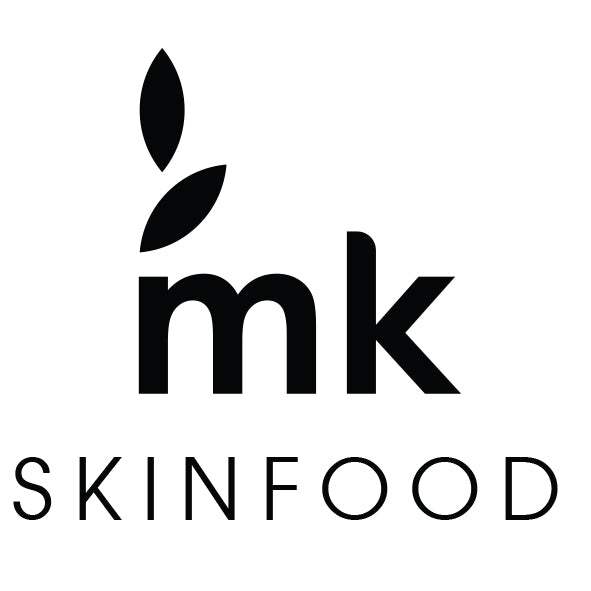Our awareness for a healthier life is increasing day by day, and our searches are changing. As a result, we've added "clean" care products to our quest for "clean" food. Natural care products are beginning to see more demand than those filled with chemicals.
To maintain the firmness and elasticity of the skin, thus prolonging a youthful appearance, natural ingredients have become our crown jewels. Many renowned cosmetic companies are harnessing the power of nature in their products. One of these is kombucha… Used in various care products due to its countless health benefits and positive effects on the skin.
Studies show the wound-healing effects of kombucha and its skin-protective properties stemming from a combination of vitamins, minerals, and polyphenols in its content.
While examining the literature on kombucha, a study conducted in Iran caught our attention. This study on mice concludes that kombucha supports collagen production. With this effect proven by scientific research, kombucha deserves a more significant place in our lives...
Skin and Aging
Skin aging is a biological process involving a series of structural changes. Visible signs of aging include color changes, the appearance of roughness, fine lines, and then deeper permanent wrinkles. There's a decrease in connective tissue, cells synthesizing keratin, and elastin and collagen synthesis, along with an increase in enzymes that break down collagen. This leads to a loss of fat and elasticity under the skin, thinning of the skin, and an increase in brown spots.
In this process, collagen is one of the most crucial components responsible for the youth of the skin. Collagen, the most abundant protein in our body, making up about a third of all protein composition, is a fundamental building block of bones, skin, muscles, tendons, and ligaments. It's found in many parts of the body, including blood vessels, cornea, and teeth. Derived from the Greek word "kólla," meaning "glue," collagen indeed acts as an adhesive in its area. As we age, our body produces less and lower-quality collagen. Signs of aging appear on our skin as collagen fibers harden.
One cause that disrupts the structure of collagen fibers is glycation. Collagen and elastin usually bind in a certain pattern that allows them to repair themselves. During glycation, sugar molecules bind with amino acids in collagen and elastin in a destructive manner, initiating a process that leads to skin sagging and wrinkles. Glycation affects the properties of collagen in our body in many ways.
Anti-Aging Research on Kombucha Kombucha has been used for thousands of years in the Far East. Kombucha tea, produced with tea, sugar, and kombucha mushroom, supports beneficial activities for the skin in topical applications and has wound-healing effects. It particularly fights against glycation and the gaps formed in the skin, supporting metabolism that leads to aging signs and skin healing.
The research showing kombucha's support in collagen production indicates that its benefits come from vitamins, amino acids, and various micronutrients produced during fermentation. It's also noted as a good source of flavonoids and very beneficial B3 vitamin for the skin… Vitamin B3 is also a precursor of a substance called "nicotinamide adenine," and the decrease in dinucleotide (NAD) during aging leads to a reduction in collagen production in cells. The research also highlights the importance of flavonoids with their abilities to sweep free radicals, counteract the anti-inflammatory effects of UV rays on the skin, and support DNA repair.
Researchers investigated kombucha's anti-aging potential based on all these properties.
They fermented a kombucha culture prepared from black tea at 28 °C for 14 days. They found that the flavonoid content in black tea increased even more after fermentation with the kombucha culture.
They fractionated the obtained kombucha into chloroform, butanol, and ethyl acetate and determined the flavonoid content. The ethyl acetate fraction (KEAf) with the highest flavonoid content was applied intradermally to 15-month-old mice for 14 days.
No sensitivity or irritation was observed in the mice subjected to this application. Significant improvement in skin connective tissue abnormalities was seen in mice treated with KEAf. On average, about a 48.2% reduction in skin connective tissue abnormalities was reported in mice treated with KEAf compared to before treatment. Additionally, a 31.8% increase in hydroxyproline (an amino acid found in collagen) content in skin connective tissue samples was noted.
Researchers, noting that the number of fibroblasts producing collagen and elastin in the dermis decreases with age, found a significant reduction in abnormalities stemming from this condition with KEAf treatment. Moreover, the content of type I and III collagen significantly increased with intradermal treatment. Researchers state that when fibroblasts have sufficient levels of NAD + / NADH, collagen production is high, and KEAf treatment enhances both collagen content and NAD + / NADH levels simultaneously. They reiterate that these effects are primarily attributed to flavonoids and polyphenols, due to their antioxidant and free radical scavenging properties formed during fermentation.
Researchers conclude their study with these words: "Overall, our results indicate that KEAf treatment is beneficial in improving the thickness and elasticity of aged skin. The beneficial effects of KEAf are presumed to be related to the capacity of flavonoids and energy-producing components to repair connective tissue in aged skin. This study suggests KEAf as a potential candidate for natural cosmetic/functional cosmetic applications, especially for long-term use in the aging population. However, more research is needed to illuminate the mechanisms."

